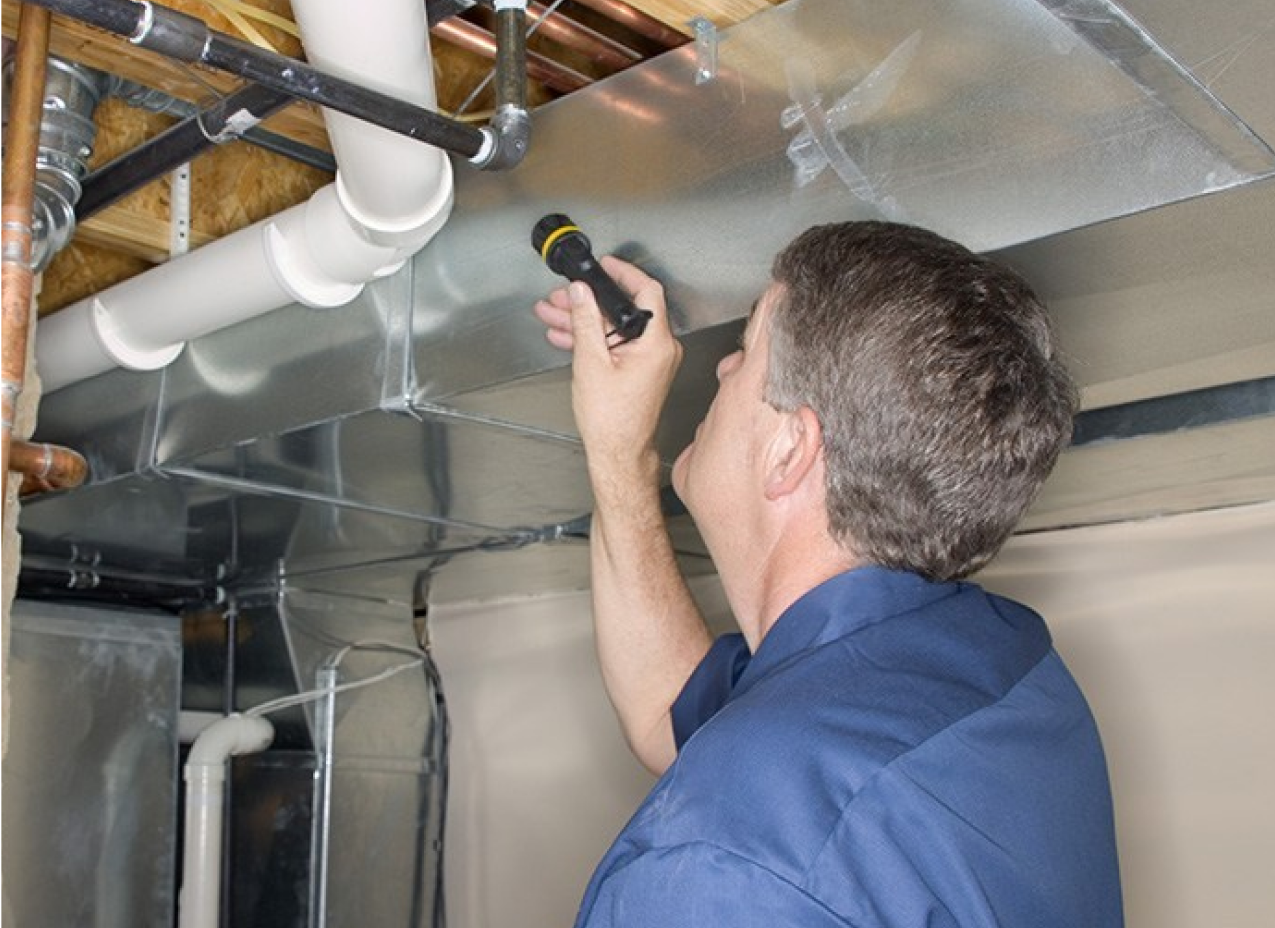When purchasing, selling, or managing a property, conducting a building inspection is essential to guarantee the safety, worth, and state of your investment. One of the most common questions homeowners and buyers ask is, “How long does a building inspection take?” The answer is more nuanced than one might expect. The duration of a building inspection varies significantly depending on several factors, such as the size and age of the property, the inspector’s experience, and the scope of the assessment.
Size of the property
The size of the property is a significant factor that influences the duration of a building inspection. Larger homes or commercial buildings will take longer to inspect than smaller ones. This is because there is more area to cover and more systems and components to assess. For example, a 1,500-square-foot home may take around 2-3 hours to inspect, while a 5,000-square-foot home could take up to 5-6 hours or more. It’s important to keep in mind that these are just rough estimates, and the actual duration may vary based on other factors.
Age of the property
The age of the property is another crucial factor that impacts the length of a building inspection. Older homes may have more wear and tear, outdated systems, or unique architectural features that require additional time to assess. For example, a home built in the 1920s may have outdated electrical or plumbing systems that need to be carefully inspected for safety and functionality. Older homes might have undergone several renovations or modifications over time, which can complicate the inspection process. In general, older properties may require more time to inspect than newer ones.
Type of inspection
The type of inspection being conducted also influences the duration of the process. There are several types of building inspections, each with its focus and scope. A general home inspection, which is the most common type, typically covers the major systems and components of a property. These inspections usually take around 2-4 hours, depending on the size and age of the home. Specialised inspections, like those for mould, radon, or termites, might need more time and resources to complete. These focused inspections add an extra hour or more to the overall process. Discover More about building inspections in Sydney by visiting vitalbuildinginspection.com.au/pricing/.
Inspector’s experience and thoroughness
The experience and thoroughness of the building inspector also impact the duration of the inspection. More experienced inspectors work more efficiently, drawing on their expertise to identify potential issues quickly. They may also be more thorough, taking extra time to examine areas of concern or document their findings in greater detail. A longer inspection is not necessarily a bad thing – it may simply indicate that the inspector is being diligent and comprehensive in their assessment. It’s advisable to inquire about an inspector’s background, qualifications, and methodology when considering hiring them.
Accessibility and condition of the property
The accessibility and condition of the property also play a role in the duration of the inspection. If certain areas of the home, such as the attic, crawl space, or roof, are difficult to access or navigate, it may take the inspector additional time to complete their assessment. If the property is in poor condition or has significant clutter or personal belongings, it may slow down the inspection process.

